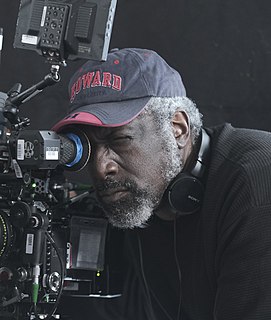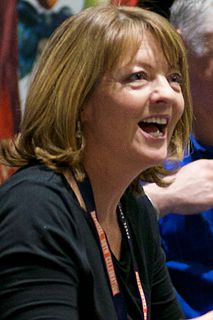A Quote by Ted Chiang
When I was a kid, I figured I would be a physicist when I grew up, and then I would write science fiction on the side. The physicist thing didn't pan out, but writing science fiction on the side did.
Related Quotes
I vowed to myself that when I grew up and became a theoretical physicist, in addition to doing research, I would write books that I would have liked to have read as a child. So whenever I write, I imagine myself, as a youth, reading my books, being thrilled by the incredible advances being made in physics and science.
The real origin of science fiction lay in the seventeeth-century novels of exploration in fabulous lands. Therefore Jules Verne's story of travel to the moon is not science fiction because they go by rocket but because of where they go. It would be as much science fiction if they went by rubber band.
Science fiction, as I mentioned before, writes about what is neither impossible nor possible; the fact is that, when the question of possibility comes up in science fiction, the author can only reply that nobody knows. We haven't been there yet. We haven't discovered that yet. Science fiction hasn't happened.
I would say that most of my books are contemporary realistic fiction... a couple, maybe three, fall into the 'historic fiction' category. Science fiction is not a favorite genre of mine, though I have greatly enjoyed some of the work of Ursula LeGuin. I haven't read much science fiction so I don't know other sci-fi authors.



































